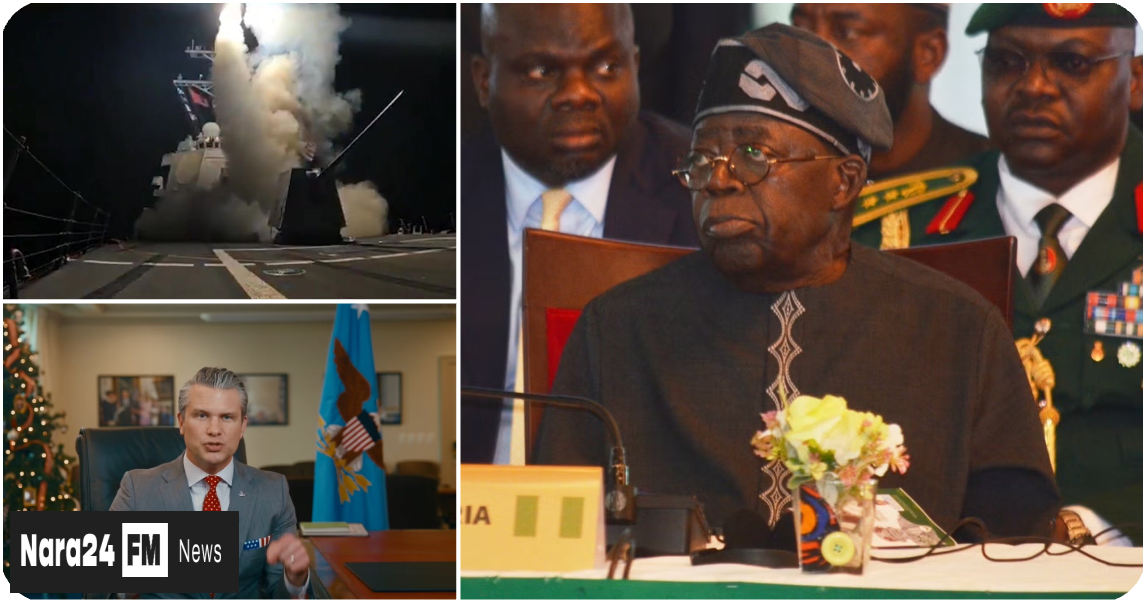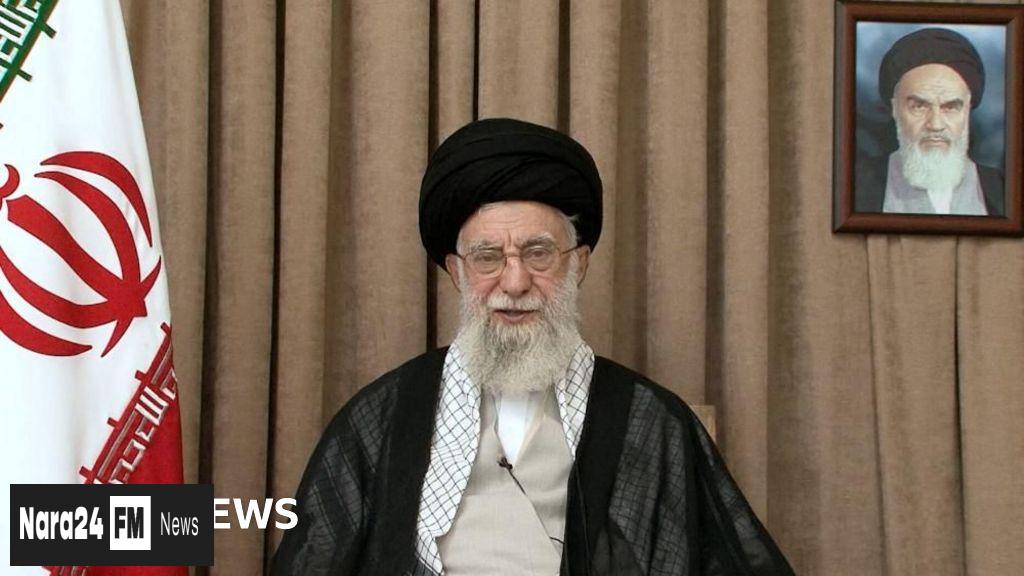In a public address on Thursday, Iran's supreme leader, Ayatollah Ali Khamenei, asserted that the recent strikes on Iran's nuclear facilities by the United States have yielded no meaningful disruption to Iran's nuclear program. Khamenei also warned of further actions against US bases in the Middle East if Iran is attacked again, declaring victory over both Israel and the US.
This is Khamenei's first public appearance since direct conflict with Israel erupted on June 13. Speculations about his whereabouts arose as he had been largely out of public view since the conflict commenced, with reports of him sheltering in a bunker and limiting communications. The location of Khamenei's address on Thursday was not disclosed, although a senior official acknowledged that he was in a safe place earlier this week.
The conflict between Iran and Israel began on June 13, following Israeli Prime Minister Benjamin Netanyahu's statement that if not stopped, Iran could produce a nuclear weapon in a short time. A day earlier, the global nuclear watchdog's board of governors declared Iran as being in breach of its non-proliferation obligations for the first time in 20 years.
Iran maintains that its nuclear program is for civilian purposes only and has never sought to develop a nuclear weapon. On Thursday, Iran's parliament approved a bill calling for an end to the country's cooperation with the International Atomic Energy Agency (IAEA), meaning it is no longer committed to allowing nuclear inspectors into its sites.
Khamenei's address comes after US Defense Secretary Pete Hegseth stated that the strikes had significantly damaged Iran's nuclear program, setting it back by years. However, Khamenei dismissed these claims, stating that the strikes were ineffective and did not achieve their objective.
In response to the strikes on a US air base in Qatar, Khamenei warned that such incidents could be repeated in the future, with high costs for the aggressor should they attack again. No casualties were reported during the attack, and the US maintains that the base was not damaged.
The US became directly involved in the conflict last weekend, striking facilities in Fordo, Natanz, and Isfahan. The ceasefire, brokered by the US, appeared shaky at first, with Iranian strikes and Israeli responses before an outburst from US President Donald Trump.
The conflict in the Middle East continues to be closely monitored by the international community, with the UN nuclear watchdog chief, Rafael Grossi, expressing concern over the potential movement of Iran's highly enriched uranium. The situation remains volatile, with potential for further escalation.









Comments (0)
Leave a Comment
Be the first to comment on this article!